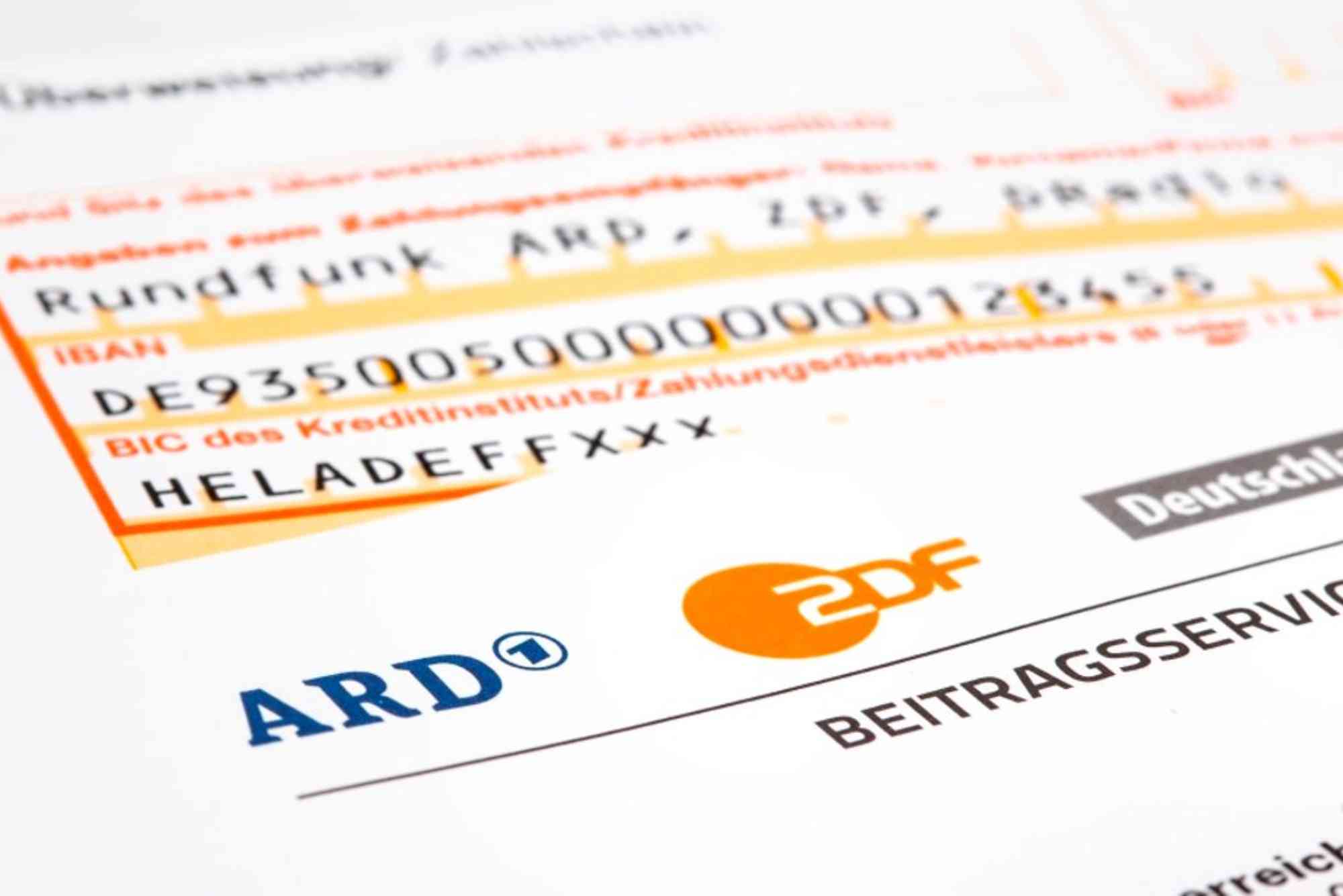What is ARD License and Why It Matters for TV Access
If you’ve lived in Germany or plan to move there, you’ve probably heard about the ARD license. This mandatory broadcasting fee often confuses newcomers and even long-term residents. So what exactly is the ARD license, why does it matter for television access, and what happens if you ignore it?
In this guide, we’ll explain the ARD license in clear, simple terms. You’ll learn who pays it, why it’s required, and how it impacts TV, radio, and online content access in Germany. Whether you’re a student, a homeowner, or a business owner, understanding this license is crucial for staying compliant with German media laws.
Understanding the ARD License
The ARD license, officially known as the “Rundfunkbeitrag” (broadcasting contribution), is a compulsory fee paid by residents and businesses in Germany to fund public broadcasting. It supports national broadcasters like ARD, ZDF, and Deutschlandradio, which provide non-commercial television, radio, and digital content.
Since 2013, the license has been household-based. That means each residential unit pays the same flat fee, regardless of how many people live there or how many devices are used. As of now, the monthly rate is €18.36 (as of 2024), and it covers access to all public broadcasting channels across platforms—TV, radio, and internet.
The ARD license is managed by the Beitragsservice, a central collection agency jointly run by ARD, ZDF, and Deutschlandradio. It ensures that every eligible household and business pays their fair share.
Why the ARD License Matters
You may wonder, “Why should I pay the ARD license if I barely watch TV?” The answer lies in the concept of public service media. The ARD license supports independent, advertising-free content that serves the public interest. It ensures access to:
- Unbiased news and journalism
- Educational programs
- Children’s content
- Cultural broadcasts
- Emergency and disaster coverage
In other words, the ARD license funds a vital institution that upholds media independence and democratic values in Germany. Even if you don’t use the services daily, your contribution supports a national information infrastructure.
Moreover, the fee helps keep public broadcasters free from commercial pressure, allowing them to produce high-quality, fact-based content without needing to chase ratings or ad revenue.
Who Has to Pay the ARD License?
Everyone living in Germany in a private residence must pay the ARD license, regardless of their income, nationality, or media usage. Here’s a quick breakdown:
- Private Households: One fee per home, regardless of the number of people or devices.
- Shared Apartments: Only one person needs to register and pay, but they must inform the Beitragsservice.
- Students in Dorms: If you live in a self-contained unit, you must pay. If you live in shared housing with a common kitchen or bathroom, one fee applies to the entire unit.
- Businesses and Institutions: Fees vary based on the number of business locations, employees, and vehicles.
There are a few exceptions and exemptions. People with disabilities, recipients of social benefits, or those with extremely low income can apply for a reduction or exemption. However, you must file the request and provide documentation.
How the ARD License is Collected
When you move into a new home in Germany, your information is automatically shared with the Beitragsservice through the local registration office. You’ll typically receive a letter requesting that you register your address and begin paying the ARD license.
Payments are collected quarterly, and the standard quarterly fee is €55.08. You can pay by direct debit, bank transfer, or set up a standing order. Failure to respond can result in penalties, back payments, and even legal enforcement.
The Beitragsservice is known for being strict and methodical, so it’s best not to ignore their letters. Even if you believe you don’t owe the fee, you must respond with a valid exemption reason.
What Happens If You Don’t Pay the ARD License?
If you ignore the ARD license, the Beitragsservice will issue reminder letters and payment demands. Continued non-compliance may lead to:
- Late fees and interest charges
- Collection proceedings
- Legal enforcement (including wage garnishment or property seizure)
In rare cases, people who resist paying altogether have ended up in court or faced enforcement officers at their door. Although prison is not imposed for the fee itself, refusal to comply with enforcement orders can escalate the situation.
That’s why it’s essential to take the license seriously—even if you don’t agree with it. There are legal ways to dispute or seek exemption, but silence or ignorance can make the situation worse.
What the ARD License Covers
The ARD license isn’t just about watching TV. It gives you access to a broad range of content through different media:
- Television: Public channels like ARD, ZDF, and regional stations
- Radio: Dozens of public radio stations with music, news, and talk shows
- Online: Streaming, news portals, educational content, documentaries
This content is free of advertising and commercially independent. It reflects diverse regional cultures, minority groups, and multilingual audiences. For non-German speakers, many programs offer subtitles or dubbed versions, improving accessibility.
Additionally, during national emergencies or elections, public broadcasters play a key role in providing factual, real-time updates. Their independence from commercial or political interests makes them a trusted source of information.
Debates and Criticism Around the ARD License
While the intention behind the ARD license is noble, it has not escaped criticism. Some common concerns include:
- Fairness: People who don’t consume public media feel it’s unfair to pay the same fee as heavy users.
- Transparency: Critics argue that public broadcasters should be more accountable for how they use the billions collected.
- Modern Usage: In the streaming age, many younger audiences rely on platforms like Netflix or YouTube, questioning the relevance of the traditional license model.
In response, there have been discussions about reforming the fee structure. However, courts have repeatedly upheld its constitutionality, citing the value of independent, public-interest media.
Alternatives and Legal Ways to Reduce the Fee
If you truly cannot afford the ARD license, don’t ignore it. Instead, apply for an exemption or reduction. You might qualify if you:
- Receive unemployment or housing benefits
- Are a student receiving BaföG with no parental support
- Have a severe disability with certain IDs
Applications must be submitted in writing with official documentation. You can download the forms from the Beitragsservice website. Note that exemptions are not automatic—you must apply and wait for approval.
For shared housing, coordinate with your roommates to ensure only one person pays and that the Beitragsservice is informed.
Future of the ARD License
Looking ahead, the ARD license model may evolve. With changing media habits and the rise of digital platforms, policymakers and broadcasters are considering:
- Adapting fee structures to account for new technologies
- Increasing transparency and public engagement
- Improving access for international and multilingual audiences
However, the core principle remains: ensuring independent, high-quality public broadcasting available to everyone, regardless of income or location.
As public trust in media becomes more fragile in the digital age, institutions like ARD, ZDF, and Deutschlandradio play a vital role in defending truth, culture, and civic education.
Why the ARD License Still Matters
The ARD license is more than just a bill in your mailbox. It’s a shared contribution to a public good—an independent media system that informs, educates, and connects people across Germany.
Even in the age of Netflix and YouTube, public broadcasters continue to serve an essential role. They offer unbiased journalism, cultural programming, and educational content that benefits society as a whole.
So whether you’re new to Germany or a long-time resident, understanding and supporting the ARD license helps strengthen the democratic foundation of media in one of Europe’s most influential countries.
FAQs
What is the ARD license and why do I have to pay it?
The ARD license, also called Rundfunkbeitrag, is a mandatory fee in Germany to fund public broadcasting. It ensures that all residents have access to unbiased TV, radio, and online content.
Can I opt out of the ARD license if I don’t watch TV?
No. The license is required for every household, regardless of media usage. It’s based on residence, not device ownership or viewing habits.
How much is the ARD license per month?
As of 2024, the monthly ARD license fee is €18.36. It is usually billed quarterly at €55.08.
What happens if I don’t pay the ARD license?
Failure to pay can lead to reminder notices, late fees, and eventually legal enforcement. It’s important to respond and stay in contact with the Beitragsservice.
Who is exempt from the ARD license?
Exemptions are available for people receiving social benefits, students with no income, or individuals with certain disabilities. You must apply and provide documentation.
Do I need to pay the ARD license if I live with roommates?
Only one person per shared household needs to pay. However, that person must register with the Beitragsservice and include the names of other residents.





